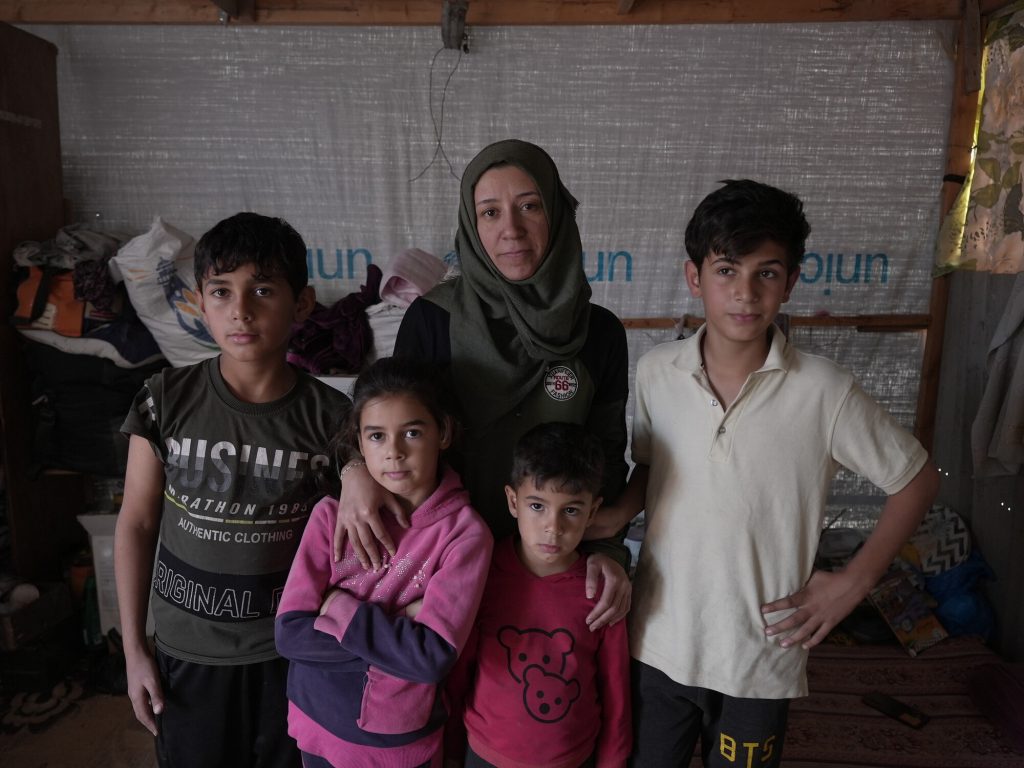Clean Technology Improves Farmers’ Lives and Helps the Environment in Guatemala
Setzi's agricultural drying centre is a game changer for the community's small-scale farmers. It harnesses energy-efficient technology to overcome climate challenges affecting agricultural production.
Guatemala possesses a beautiful, diverse landscape bountiful in natural resources — from tropical rainforests in the lowlands producing some of the world's best coffee to mountainous, forested highlands where smallholder farmers grow black pepper, corn, beans and specialty spices, like cardamom and allspice. It's rich in agricultural potential.
However, it's is one of the top ten countries most vulnerable to natural disasters and the effects of the climate crisis. Over the past two decades, its population has endured a series of devastating droughts and storms. Approximately one-third of Guatemalans are employed in the agriculture sector. Therefore, it's concerning that rural communities, particularly smallholder farming families, are some of the most affected by the adverse impacts of these extreme weather events.
Through the Camino Verde project, Oxfam Canada and five local partners work with agricultural communities in the predominantly Indigenous department of Alta Verapaz — Guatemala's poorest region. The project supports the training and development of environmentally friendly and sustainable business practices for small-scale enterprises headed by Indigenous women and youth.
The Challenges Faced by Farmers After the Harvest
Crop drying is one of the most important processes in agriculture. This treatment preserves and extends the shelf life of agricultural products like legumes and grains that would otherwise spoil, ferment, or rot after harvesting.
Some agricultural producers in the community of Setzi, in the municipality of Chisec in Alta Verapaz, rely on the most common crop drying method. They hang or spread black pepper, coffee grains, beans, cardamom, peanuts, or allspice on floors or mats and stir them frequently while exposed to the sun, using firewood or a combination of both. However, this system takes time. It's also challenging as it's dependent on the weather. In this region, the rainy season can last three to six months.
Yet most farmers can't always wait to dry their products. They are forced to sell them fresh to intermediaries who define the price, usually lower than for dry products. This situation makes farmer incomes unpredictable and varied.
Introducing Technological Innovation to Improve Agricultural Production and People's Livelihoods
Access to technology and equipment is essential for smallholder farmers to boost their production and income. In the spring of 2023, with the guidance and support of Camino Verde's partner, Asociación Maíz de Vida, the project launched a raw material dryer centre in Setzi.
It's a game-changer.
The dryer uses electricity to replace firewood, making it low-carbon and energy-efficient. Most importantly, farmers are no longer at the mercy of climate change-related volatile weather as the centre also has a heat recirculation system that allows for the drying of different raw materials whether it rains or shines.
During a trial stage with black pepper producers from Setzi and surrounding areas, the dryer centre successfully processed 90 quintals (9, 000 kilos) from 24 farming families, representing over 800 producers. This dryer can process 40 quintals (4,000 kilos) in 30 hours, whereas the same amount of quintals would take 40 to 45 hours with firewood.
In the fall of 2023, cardamom, peanuts, annatto, and allspice producers started using the drying centre too.
Setzi's dryer centre is a significant innovation impacting the region's carbon footprint, particularly in preserving natural forests. Camino Verde's partners say that around 9 to 10 cubic metres of red or regular oak — the equivalent of 56 barrels full of wood — are needed to dry 90 quintals of black pepper.
As word spreads around this drying centre, it could benefit as many as 300 farming families, producing a wide range of regional products by 2024. By focusing on smallholder agriculture in Alta Verapaz, Camino Verde supports Indigenous rural farming families to improve productivity, access markets, and achieve living incomes, helping to build resilient and thriving communities. The project aims to increase equity in the region's food system by creating a more sustainable agricultural sector.
Elena Sosa Lerín is a knowledge translation and communications officer at Oxfam Canada.
We're grateful to Carla Cajax, Monitoring, Evaluation and Learning officer and Dimitri Milan Rousseau, Camino Verde's program officer from Oxfam Canada's International Programs Department, for their valuable contributions to this piece.
READ OUR FEATURE: Camino Verde: The Green Way
Thanks to Our Supporters!
The Camino Verde project is possible thanks to the financial support of the Government of Canada, provided through Global Affairs Canada, and the generous Canadian public.


